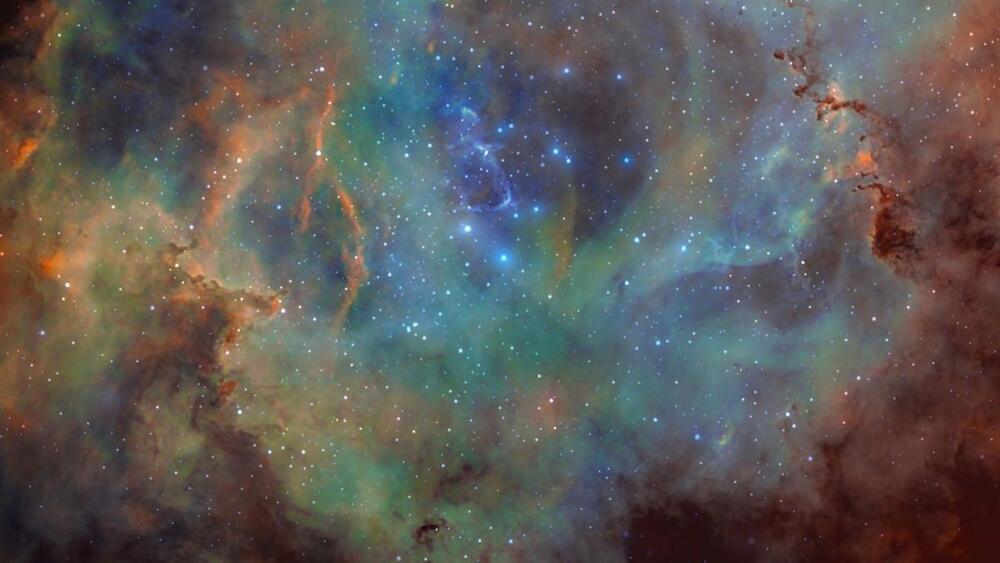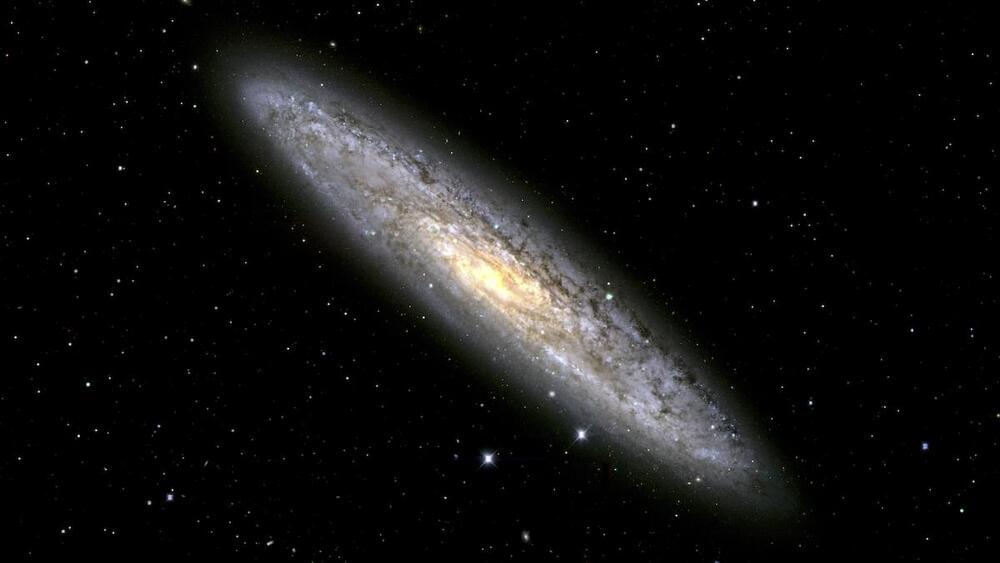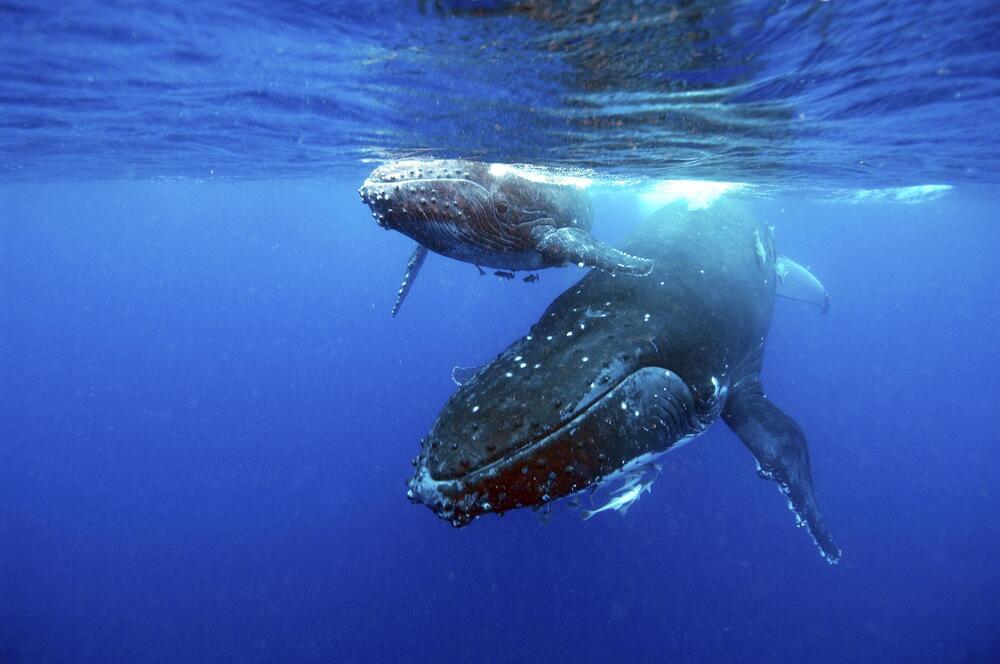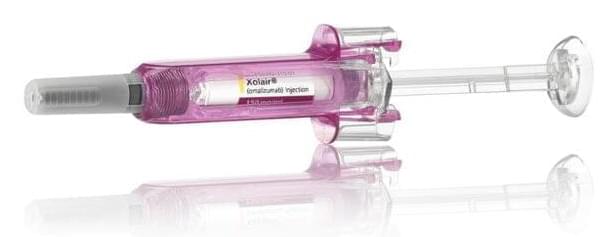Swiss startup Sirius Aviation has unveiled what it says is the world’s first hydrogen VTOL (vertical take off and landing) aircraft — and an ambitious plan to have it in the air by 2025.
The challenge: Electric VTOLs (eVTOLs) are widely promoted as the next big thing in aviation, and dozens of companies developing their own versions of the vehicles — fleets of flying electric taxis planned to zip around cities and over traffic jams.
Like helicopters, eVTOLs can lift off and land without a runway, which means they can operate without airports or runways.






